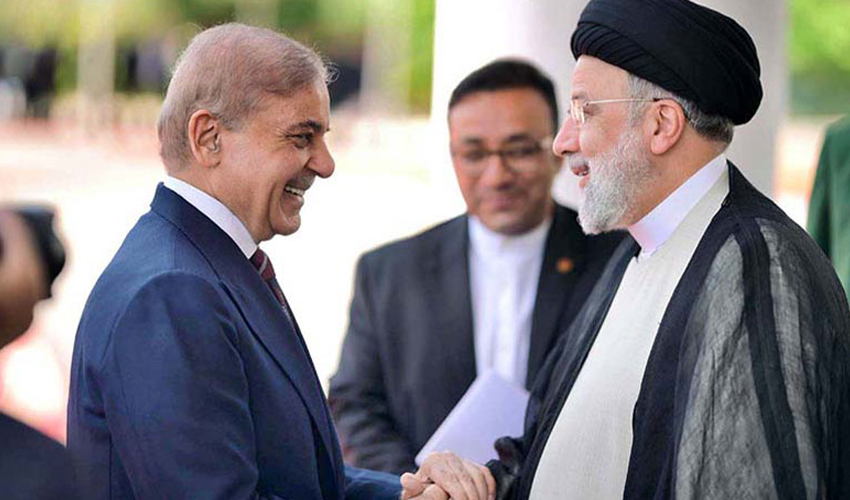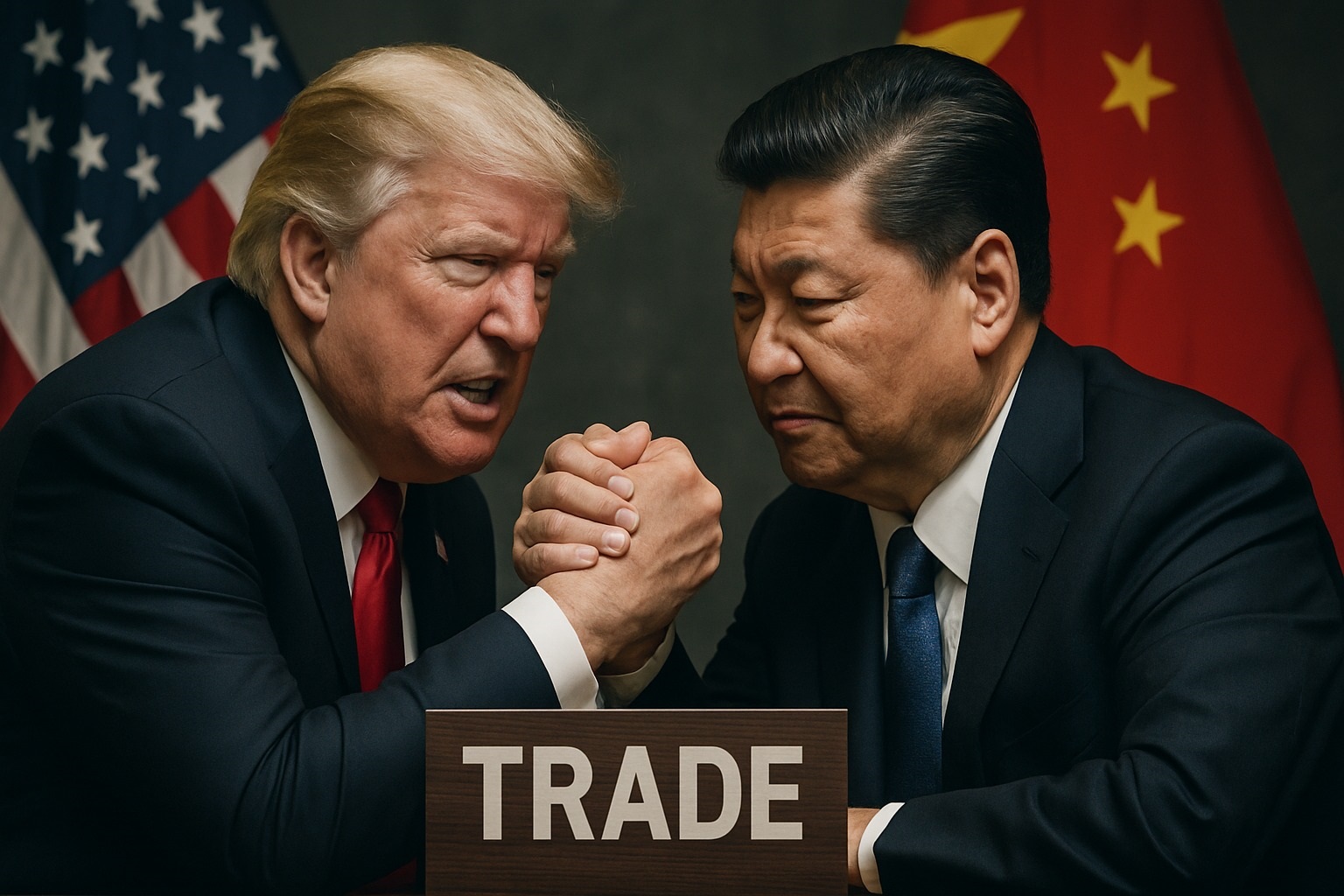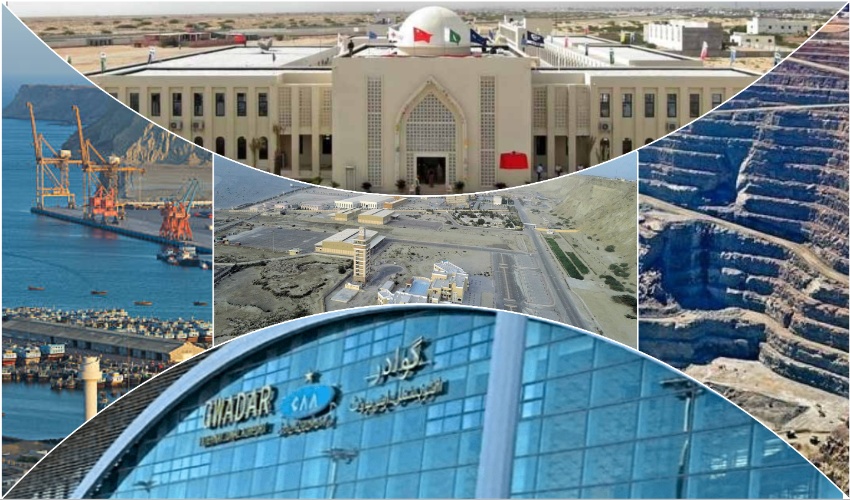The passing of Ebrahim Raisi - a pivotal figure in Iran’s recent political landscape - injects a substantial degree of uncertainty into the future of Pakistan-Iran relations. Raisi's tenure was marked by a complex interplay of strategic alliances and regional ambitions that now hang in the balance.
His absence not only disrupts internal Iranian politics but also poses significant questions about the trajectory of its foreign relations, particularly with Pakistan.
Economically, the relationship between Pakistan and Iran is characterized by both potential and pitfalls. The Iran-Pakistan Gas Pipeline, a flagship project intended to address Pakistan’s energy shortfall, symbolizes the economic interdependence the two countries have sought to cultivate. However, the political vacuum left by Raisi could jeopardize the continuity of such initiatives. Raisi was instrumental in pushing forward these economic collaborations despite numerous hurdles, including international sanctions on Iran.
The new leadership in Iran might either deprioritize these projects or face greater difficulties in negotiating their continuance, which could delay or derail their progress.
Raisi's administration managed to navigate the economic landscape with a degree of pragmatism that allowed for some progress despite external pressures. Under his leadership, there was a concerted effort to bolster economic ties with Pakistan, not just through the gas pipeline but also in other areas such as trade and infrastructure development. The future of these initiatives is now uncertain. The new Iranian leadership will have to decide whether to continue these projects with the same vigor, and their decision will significantly impact the economic dimension of Pakistan-Iran relations.
Geopolitically, Raisi’s Iran had a distinctive approach to regional politics that often intersected, and at times clashed, with Pakistan's interests. Afghanistan serves as a prime example. Both Iran and Pakistan have significant stakes in Afghanistan’s stability, yet their methods and allies within the country differ. Iran’s influence in western Afghanistan and its ties with certain factions sometimes counter Pakistan's strategic objectives. Without Raisi, who balanced assertiveness with diplomatic engagement, Iran's stance towards Afghanistan might shift, leading to either greater collaboration or heightened tensions with Pakistan, depending on the new regime's priorities.
Iran and Pakistan's involvement in Afghanistan is a microcosm of their broader geopolitical strategies. Raisi's administration managed to maintain a delicate balance, engaging with various Afghan factions while attempting to keep the peace with Pakistan. This balance is now at risk. The new leadership in Iran might take a different approach to Afghanistan, potentially altering the dynamics of their involvement. If the new leadership adopts a more aggressive stance, it could lead to increased tensions with Pakistan, which has its own set of strategic interests in Afghanistan.
Additionally, the broader Middle Eastern dynamics, especially the Iran-Saudi Arabia rivalry, profoundly impact Pakistan-Iran relations. Historically, Pakistan has maintained a delicate balance, nurturing close ties with Saudi Arabia while engaging with Iran. Raisi managed Iran's assertive stance in the region with a level of pragmatism that allowed for occasional cooperation with Pakistan despite these regional frictions. The new Iranian leadership's approach to Saudi Arabia could either ease or increase these tensions. A more confrontational Iranian stance towards Saudi Arabia could strain Pakistan’s diplomatic tightrope walk between the two regional powers.
Saudi Arabia's relationship with Pakistan is multifaceted, encompassing economic aid, political support, and military cooperation. Iran's approach to this relationship has always been cautious, with Raisi attempting to avoid direct confrontation with Saudi interests that could complicate relations with Pakistan. The new Iranian leadership might not maintain this cautious approach, potentially leading to a more volatile regional environment. If Iran decides to adopt a more hardline stance against Saudi Arabia, Pakistan could find itself in a difficult position, having to navigate increased pressure from both sides.
Security concerns also form a significant part of the bilateral equation. Both countries face the threat of terrorism and share a border prone to security challenges. Joint efforts to manage border security and combat terrorism have been crucial, yet not without friction. Raisi’s administration had made strides in addressing these issues through dialogue and coordinated efforts. The uncertainty following his death could lead to a lapse in these cooperative measures if the new leadership does not prioritize this aspect of the relationship. Increased border tensions or unilateral actions could undermine the progress made in recent years.
The border region between Pakistan and Iran has long been a hotspot for security issues, including smuggling, militancy, and cross-border attacks. Under Raisi, there was a concerted effort to improve coordination and communication between the two countries' security forces. This cooperation is now at risk. If the new Iranian leadership does not prioritize border security, it could lead to a resurgence of these issues. Pakistan and Iran will need to reaffirm their commitment to joint security measures to ensure that progress in this area is not lost.
On the strategic front, Pakistan and Iran’s alignment or divergence on key issues will significantly depend on the ideological and practical inclinations of Iran’s new leadership. Raisi’s successor might recalibrate Iran’s foreign policy in ways that either strengthen bilateral ties through increased economic and security cooperation or heighten competition and mistrust. The continuity of dialogue, mutual respect for each other's strategic interests, and a shared vision for regional stability are essential for the health of Pakistan-Iran relations.
The strategic dimension of Pakistan-Iran relations is multifaceted, involving not just regional politics but also broader international alliances. Under Raisi, there was a clear effort to align more closely with countries that shared Iran's regional goals, while also maintaining a degree of independence in foreign policy. The new leadership will need to decide whether to continue this approach or pursue a different path. Their decision will have a profound impact on how Iran engages with Pakistan on strategic issues, from counterterrorism to regional stability.
The death of Ebrahim Raisi injects a substantial degree of uncertainty into the future of Pakistan-Iran relations. Economic collaborations, regional geopolitical strategies, and security cooperation all stand at a crossroads. The new Iranian leadership's approach will be critical in determining whether these relations deepen or deteriorate. It is imperative for both nations to engage in proactive diplomacy and leverage their shared interests to navigate this period of transition. Building on the foundation laid during Raisi’s tenure, with an emphasis on dialogue and pragmatic cooperation, could help mitigate the uncertainties and foster a stable and mutually beneficial relationship.
In this period of transition, proactive diplomacy will be crucial. Both Pakistan and Iran must work to ensure that the foundations laid during Raisi’s tenure are not lost. This will require a concerted effort to maintain open lines of communication and a commitment to mutual respect and understanding. By focusing on shared interests, such as regional stability and economic cooperation, both countries can navigate the uncertainties ahead and build a stronger bilateral relationship.
The future of Pakistan-Iran relations will also depend on the broader international context. Both countries must contend with external pressures, from international sanctions on Iran to the complex dynamics of their relationships with other regional powers. By working together and supporting each other's strategic interests, Pakistan and Iran can better withstand these external pressures and foster a more stable and prosperous regional environment.
In conclusion, the passing of Ebrahim Raisi represents a significant moment of uncertainty for Pakistan-Iran relations. The economic, geopolitical, and security dimensions of their relationship are all at a crossroads, and the new Iranian leadership will play a crucial role in determining the future trajectory of these relations.
Through proactive diplomacy, mutual respect, and a focus on shared interests, Pakistan and Iran can navigate this period of transition and build a stronger, more stable bilateral relationship.



























